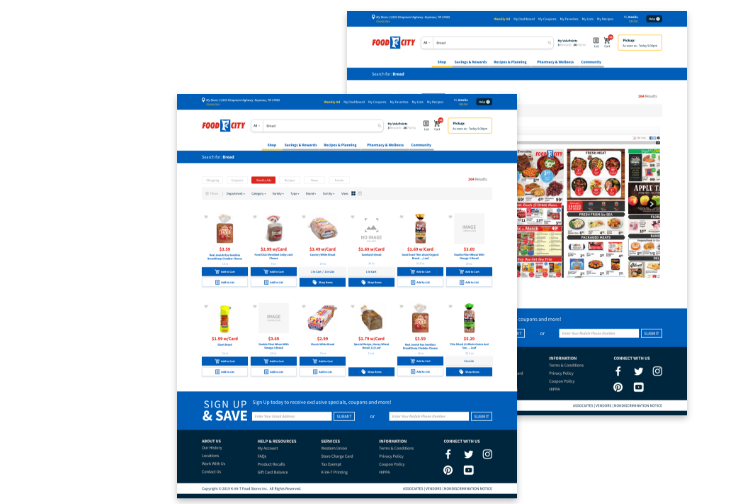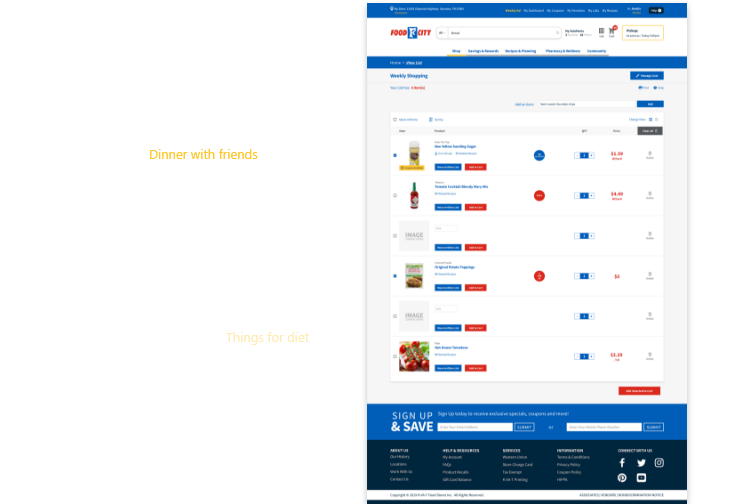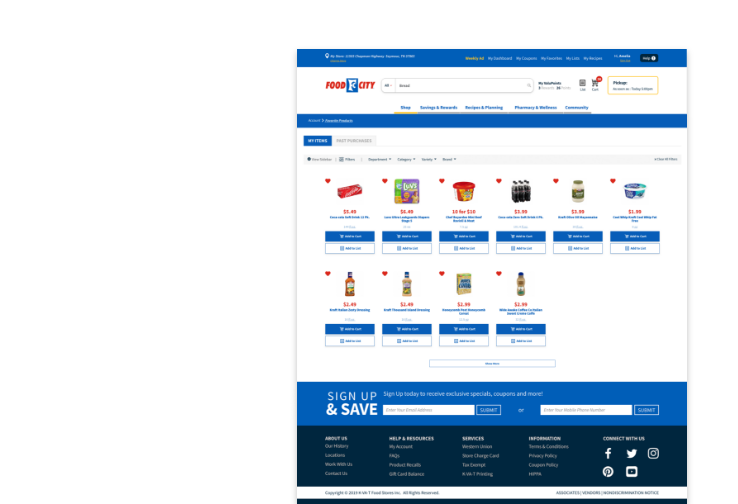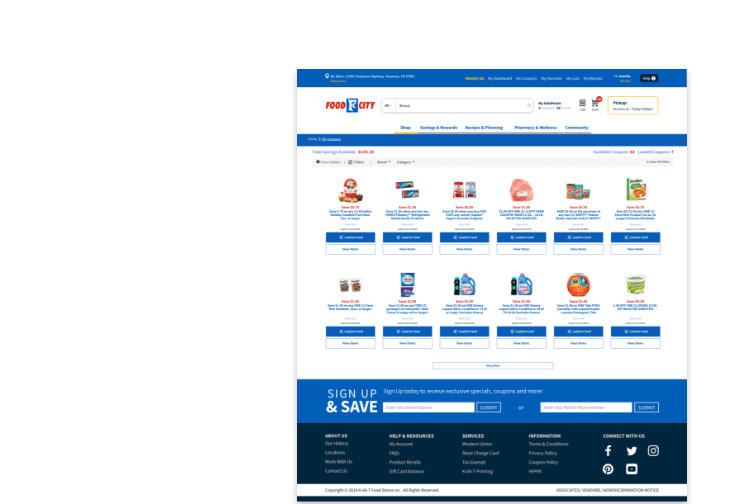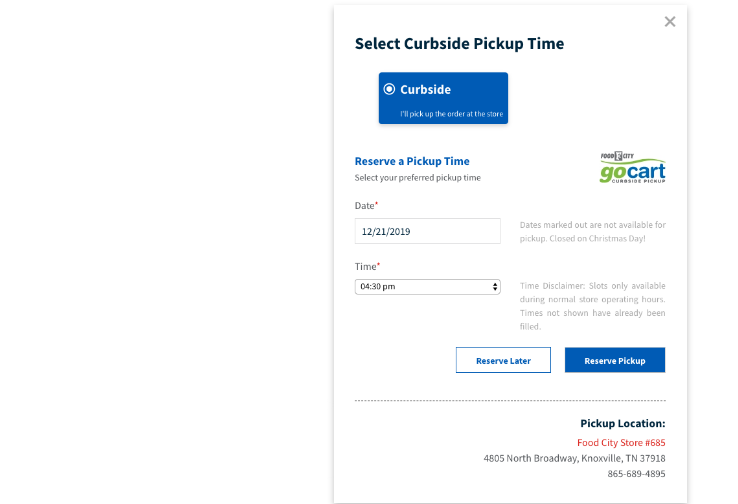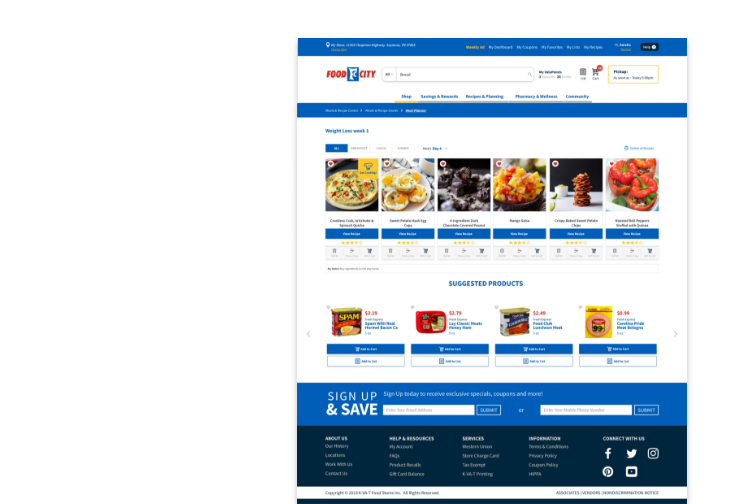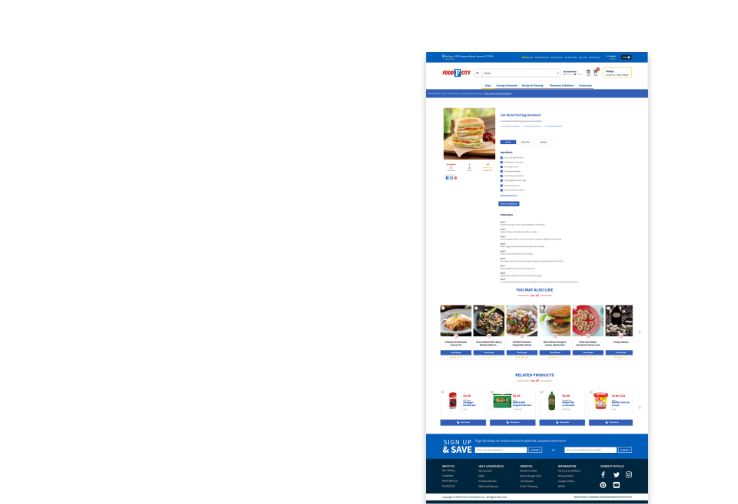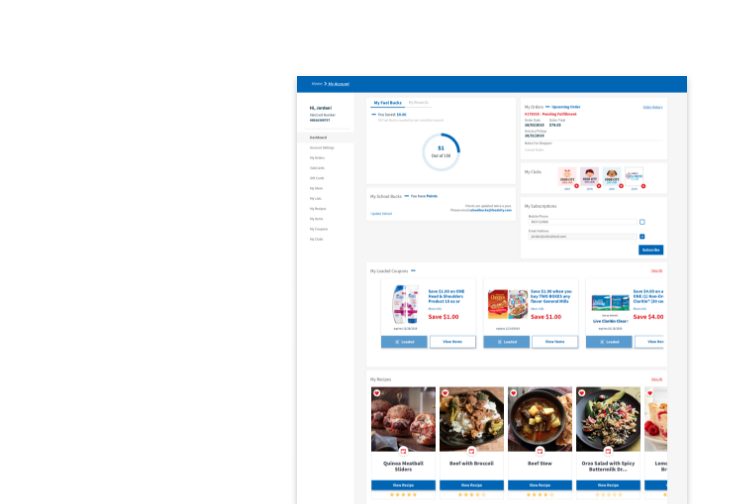
Wellness Club — American Heart Month: Focus on Blood Pressure and Heart Health
Abingdon, VA. -
Wednesday, Feb 1, 2023.
Written by: Rebecca Webb, PharmD, Pharmacy Clinical Services Manager
February is American Heart Month. This health awareness month presents the perfect time to focus on heart health. The heart is the primary organ of your cardiovascular system, along with all the blood vessels running throughout your body. Its primary function is to pump blood that delivers essential oxygen and nutrients. Through this same system, the heart helps to eliminate carbon dioxide as waste from the body. Your heart is essential for survival and therefore, it is imperative that you keep it healthy and strong. One of the best ways to focus on heart health is to learn about heart disease and its risk factors, including high blood pressure. Overall, a healthy blood pressure will lead to a healthy heart. This month, make it a goal to focus on blood pressure and heart health.
What is heart disease?
The term heart disease refers to several conditions affecting the heart. It includes blood vessel disease (e.g., coronary artery disease), disease of the heart muscle, disease of the heart valves, arrhythmias (i.e., irregular heartbeats), and congenital heart defects (i.e., heart conditions an individual is born with). Heart disease is the number one cause of death in the United States. It accounts for one out of every five deaths. Nearly 700,000 deaths in 2020 were attributable to heart disease.
One of the major risk factors for heart disease is high blood pressure. When blood pressure is not under control it can cause a hardening (i.e., less elasticity) and narrowing of the blood vessels flowing from the heart. This limits blood flow throughout the body and can lead to heart disease. Therefore, maintaining a normal, controlled blood pressure is key for reducing your chances of developing diseases of the heart. Additional risk factors for heart disease include family history, gender (males are generally at a great risk), age (as we age, the risk increases), obesity, high cholesterol, unhealthy diet, smoking, physical inactivity, diabetes, excessive alcohol consumption, and stress. Almost fifty percent of all Americans have at least one of the top three risk factors (e.g., high blood pressure, high cholesterol, and smoking).
What is blood pressure?
Blood pressure is the amount of force that blood is exerting against artery walls. Arteries are the blood vessels that carry blood from your heart to parts of your body. Blood pressure is measured using two numbers. Systolic blood pressure is the first number, and it measures the force exerted in your arteries when your heart beats. Diastolic blood pressure is the second number, and it measures the force exerted in your arteries when your heart is at rest between beats. Blood pressure is written as the first number over the second number in millimeters of mercury (i.e., mmHg). Normal blood pressure is generally less than 120/80 mmHg.
What is high blood pressure?
High blood pressure, also called hypertension, occurs when your blood pressure is consistently elevated compared to the normal range. There are typically no symptoms and therefore, it is sometimes referred to as the “silent killer.” Many individuals are unaware that they have high blood pressure, including around one-third of adults in the U.S. Regardless of your age, it is important to have your blood pressure routinely checked. Even younger populations can be affected too. Close to twenty-five percent of individuals aged 20 to 44 have high blood pressure.
How can you check your blood pressure?
There are several ways to have your blood pressure checked. You can buy home blood pressure monitors to measure your blood pressure yourself or by a caregiver. These are generally available to order and purchase at your local Food City Pharmacy. We also have blood pressure kiosks at our pharmacies where you can conveniently check your blood pressure while waiting for your prescriptions or picking up your groceries. Additionally, your blood pressure is typically monitored at visits with your primary care provider. Inquire about your blood pressure readings at your next appointment. You can also keep a daily blood pressure log containing information (e.g., blood pressure reading, time of day, etc.) to share and discuss with your primary care provider.
Can high blood pressure be prevented or managed?
Positive lifestyle modifications can help to prevent and manage high blood pressure. These changes can include:
• Not smoking. Smoking damages your blood vessels and increases your risk of many cardiovascular-related health conditions, including high blood pressure and heart disease. Do not start smoking, if you currently do not smoke. If you do currently smoke, take the necessary steps to quit.
• Being physically active on a regular basis. Exercise at least 150 minutes each week. This will help to maintain a strong heart and healthy blood vessels. Physical activity will also aid in weight management.
• Eating a healthy, well-balanced diet. Consume foods low in fats (e.g., saturated, trans), added sugars, and salt. Eat plenty of fruits and vegetables. Selecting better food options will result in better blood pressure control.
• Drinking alcohol in moderation or limiting consumption. Consuming too much alcohol can raise your blood pressure.
• Maintaining a healthy weight. Being overweight or obese places more stress on your heart. The additional weight causes the heart to work harder to pump blood throughout your body.
• Finding healthy ways of dealing with stress. Your body releases hormones when it is under stress. These hormones affect the heart and blood vessels resulting in brief periods of increased blood pressure.
• Obtain enough quality sleep. Sleep deprivation on a regular basis has been associated with an increased risk of both high blood pressure and heart disease.
Can high blood pressure be treated with medications?
In addition to lifestyle adjustments, many individuals will need to take prescription medications in order to control their blood pressure. There are numerous types of blood pressure medications that work in different ways. More than one type of medication may be needed to effectively maintain a healthy blood pressure for some individuals. It is important to take your blood pressure medication(s) as directed by the prescriber. Most of the time, blood pressure medications do not cause side effects. However, some individuals may occasionally experience mild side effects, such as dizziness, swelling in the legs/feet, or coughing. It is important to consult your local Food City Pharmacist or your primary care provider if have questions about your blood pressure or about the medications used to treat it.
This month, make it a goal to focus on blood pressure and heart health. Our pharmacists are available to assist you in completing this goal. We want to help you keep your heart and blood vessels healthy and strong. Come by and speak with us today!
References:
1. High Blood Pressure. Centers for Disease Control and Prevention (CDC) website. https://www.cdc.gov/bloodpressure/index.htm. Accessed January 12, 2023.
